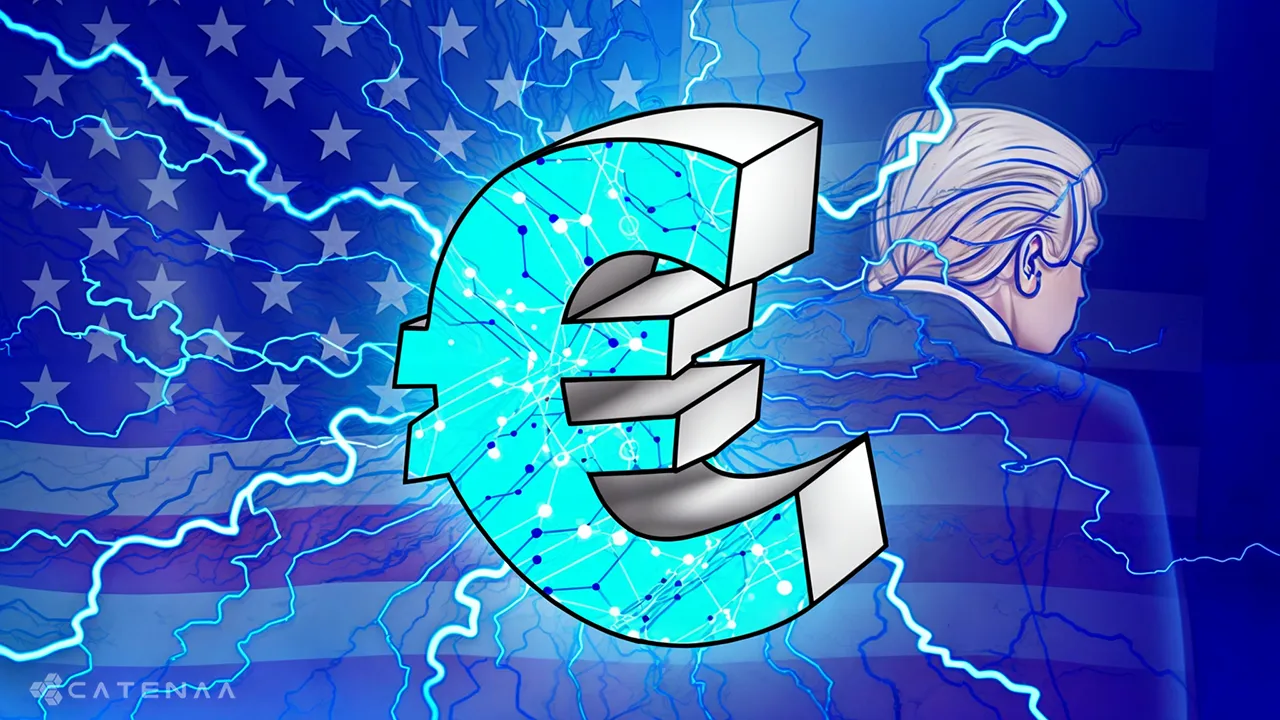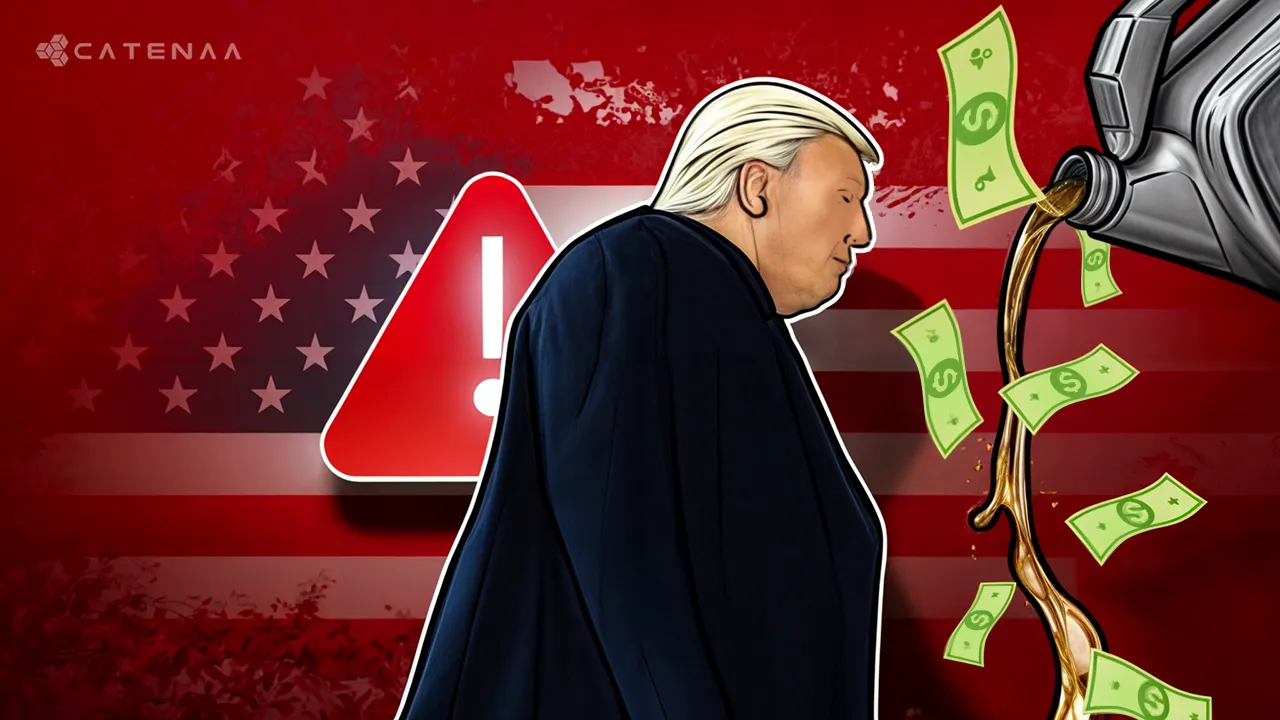Catenaa, Thursday, January 30, 2025 – The European Central Bank (ECB) has renewed its call for a digital euro, citing U.S. President Donald Trump’s recent executive order promoting dollar-backed stablecoins as a key motivator for Europe to advance its own digital currency plans.
ECB board member Piero Cipollone said Trump’s Jan. 23 order could disintermediate banks by shifting clients toward stablecoin platforms. Speaking at a Frankfurt conference, Cipollone highlighted the need for the digital euro to counterbalance private cryptocurrencies and maintain banking stability.
The digital euro initiative, launched in October 2021, is undergoing pilot testing, with a final decision pending approval from European lawmakers.
The ECB has introduced safeguards, including holding limits and mechanisms to prevent excessive digital euro use. The central bank aims to protect banks from potential outflows and ensure the new currency operates within regulatory frameworks.
Trump’s executive order opposes the issuance of a U.S. central bank digital currency (CBDC), favoring private stablecoin solutions. In contrast, the ECB envisions a public-sector-driven digital euro to enhance payment integration across Europe and reduce reliance on non-European payment providers.
ECB Executive Ulrich Schaaf emphasized that the digital euro would rely on partnerships with private-sector payment providers for implementation and innovation. Schaaf argued that such a system would offer more cohesive interoperability across the Eurozone than private solutions.
The ECB sees the digital euro as critical for maintaining Europe’s financial autonomy, adapting to digital payment trends, and ensuring safe, inclusive alternatives to private cryptocurrencies.


